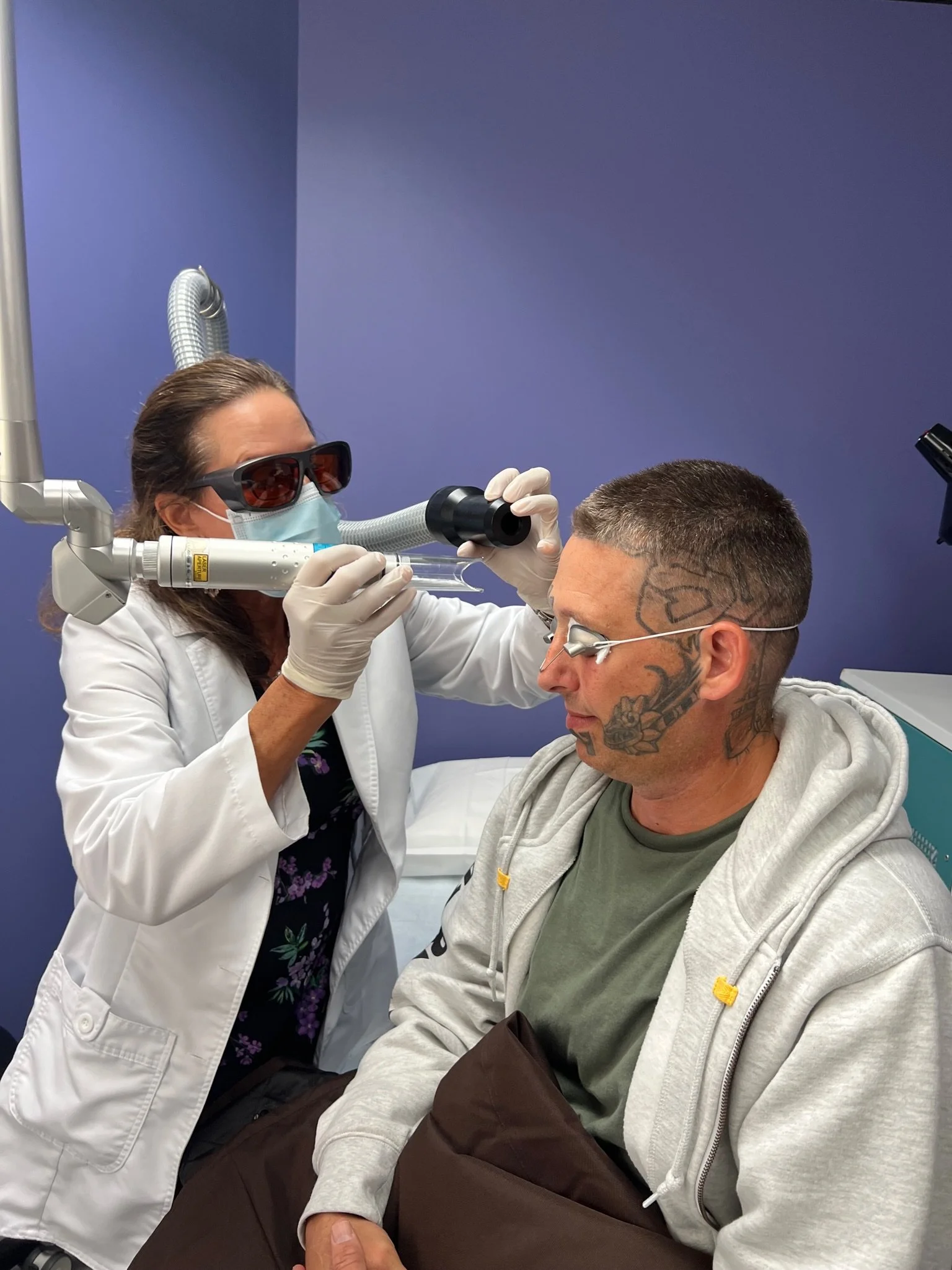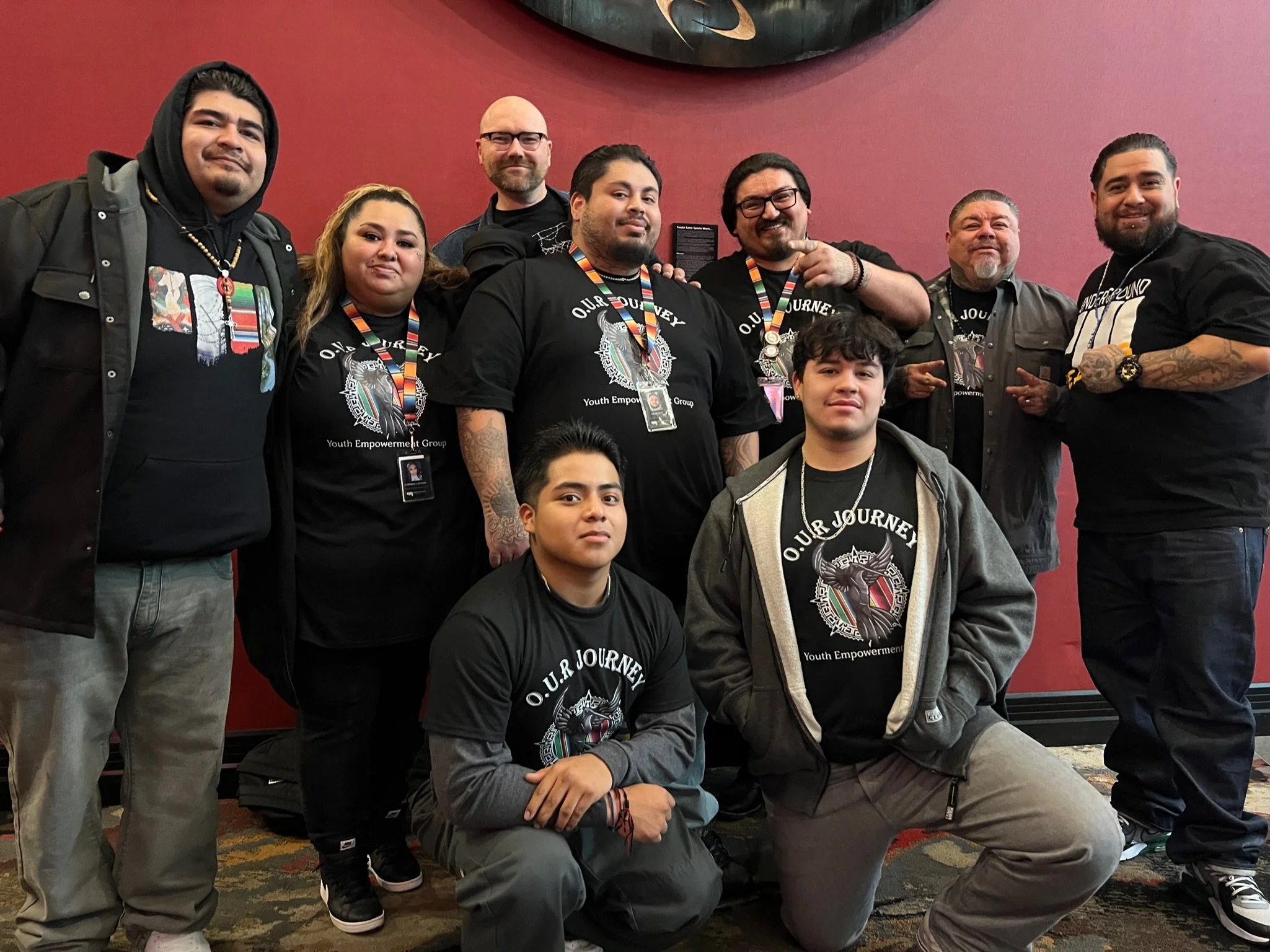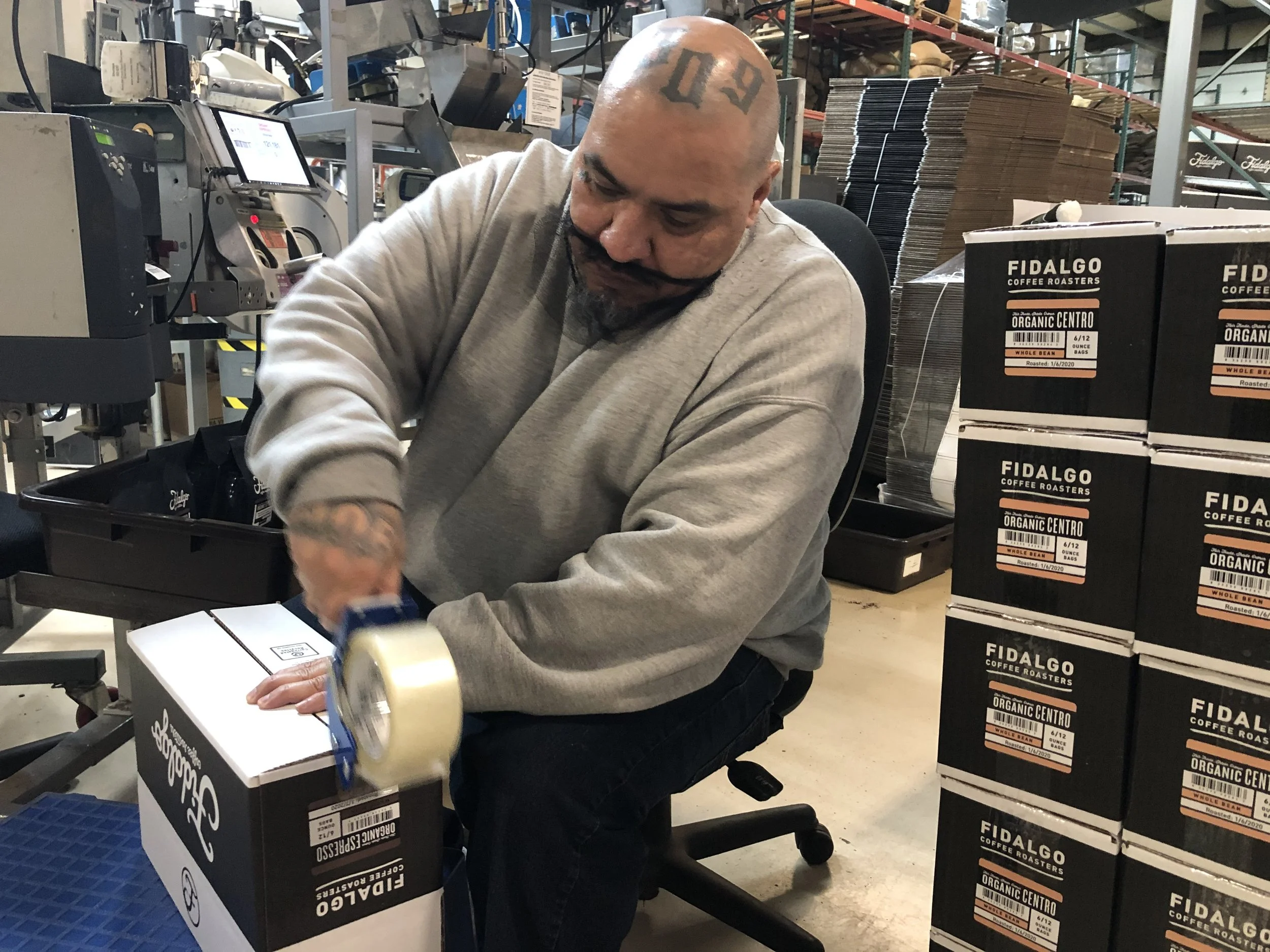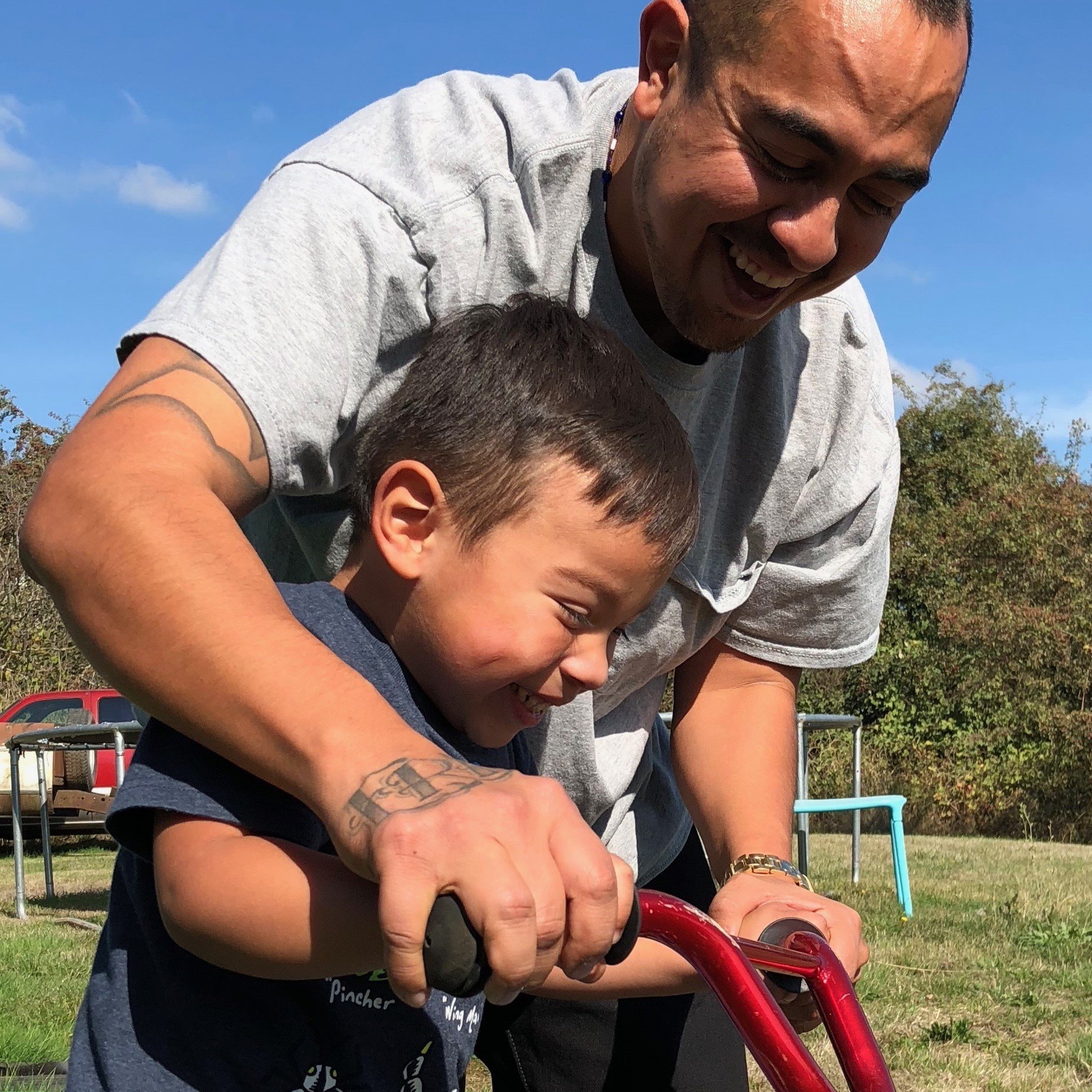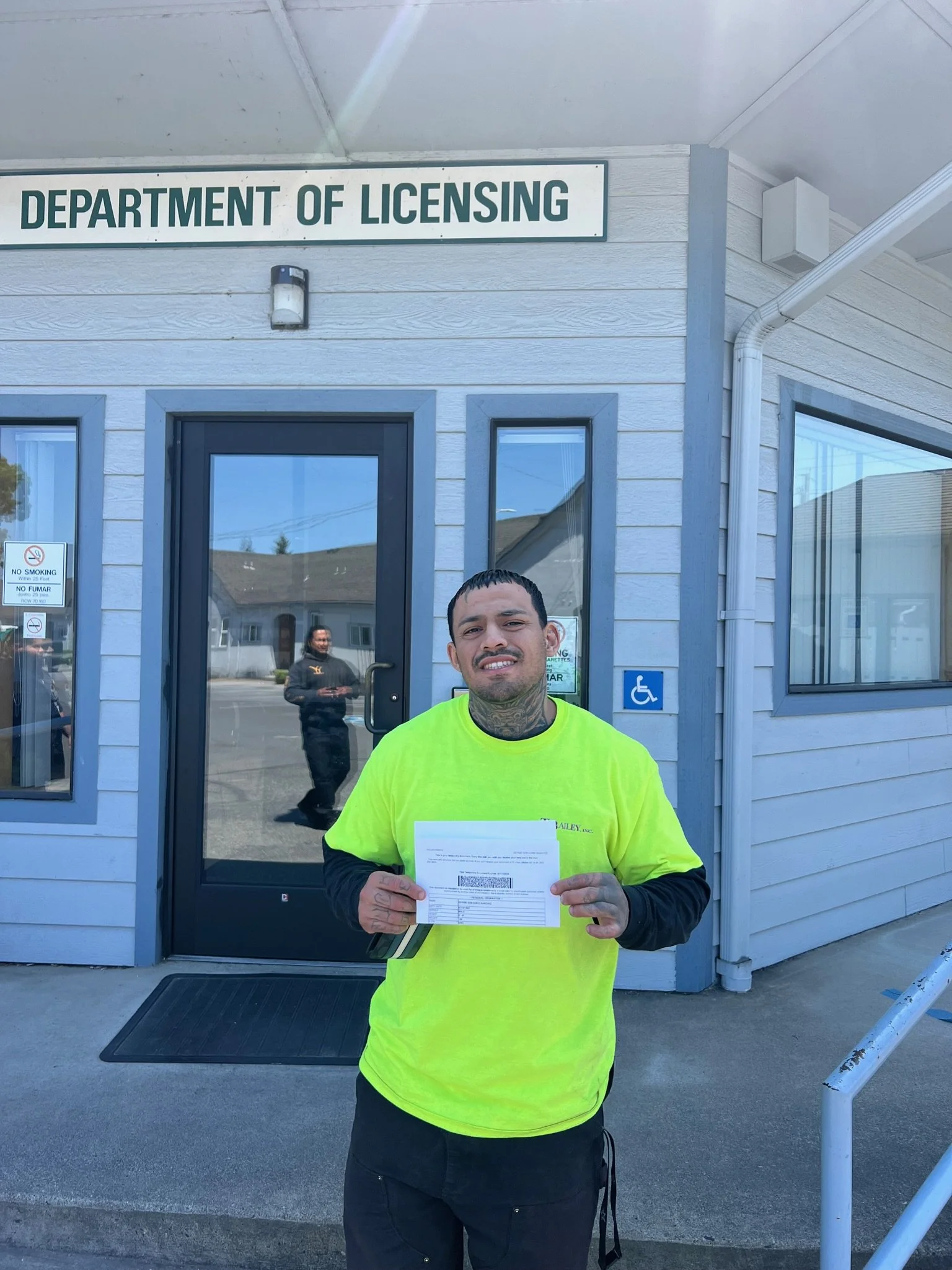
Underground Healing offers holistic reentry support for men, women, and families healing from gangs and incarceration in Skagit Valley, Washington.
REENTRY & HEALING
We believe gangs are a tragic symptom of deeper wounds in a community, a broken refuge for some of the most vulnerable and traumatized youth among us. We go where we are wanted.
We believe community safety depends on admitting we’ve been wrong as a society: more police and more prisons haven’t worked. Prisons ultimately multiply gangs and perpetuate violence.
In our 20 years of accompanying gang-affected families in our region, we have found that a tender process of embracing and supporting those most vulnerable to gangs as they come home from prison (the opposite of cutting out and throwing away our own community members) is the only way we can interrupt the cycle and heal, together.
WE FACE REENTRY BARRIERS TOGETHER
The process of releasing from prison—reentry or reintegration—is the greatest opportunity for building an entirely new life, from scratch.
However, it’s nearly impossible to do alone. Folks coming home from prison still face immense barriers to starting the new life they want. So, Underground Healing’s Reentry Navigators personally accompany Skagit Valley men and women through all of the following steps out of the underground and into community.
✔ Release Planning
✔ Basic Needs Assistance
✔ Rides to Appointments
✔ Legal Financial Obligations
✔ Housing Coordination
✔ Obtaining a License & Car
✔ Opening a Bank Account
✔ College Enrollment
✔ Addiction & Mental Health
✔ Employment Readiness
LOCAL PARTNERSHIPS
Rolling away court debt barriers, together.
Even after completing years of prison sentences, many folks still haven't "paid their debt to society." There's layers of legal charges that were piled on top of them long ago—and which often ballooned with interest each year they were incarcerated.
Such debt prevents men and women from obtaining their driver's license, getting approved on apartment applications, and sometimes when they finally get a job, half their paycheck is garnished. That's why we partner with Skagit Legal Aid, to continually unbury our community members so they can thrive.
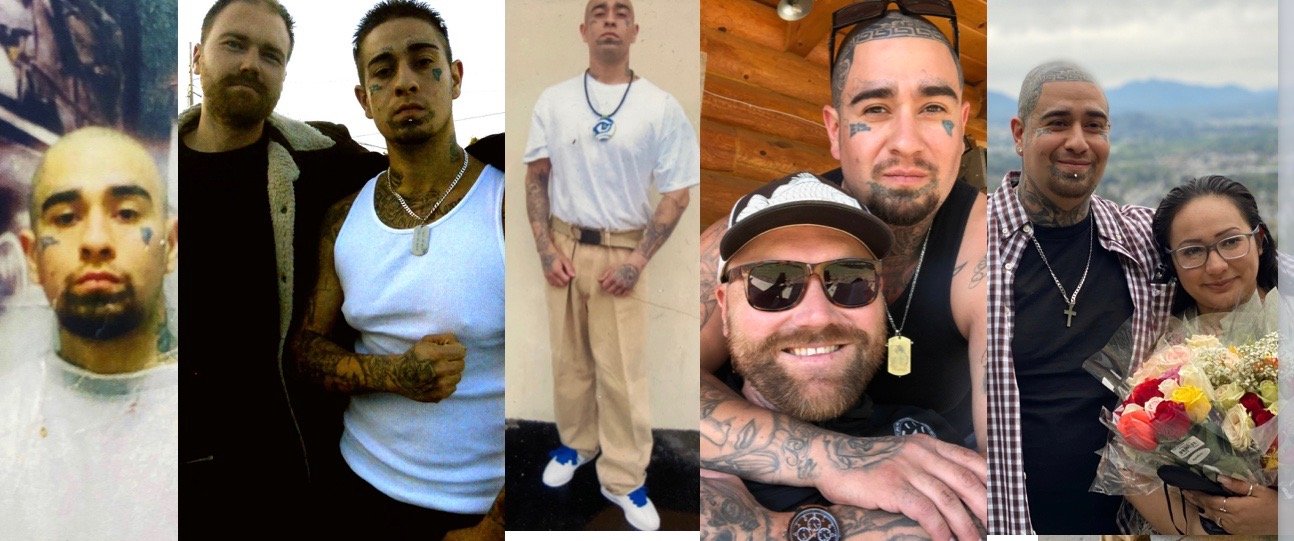
“For many years, I caused a lot of damage in this community. I experienced a lot of trauma here, myself. Now as I heal, I want to help heal that wider damage in our community, too.”
— Alex Sanchez, Underground Healing’s Lead Reentry Navigator (pictured below, right)
LED BY A TEAM WITH LIVED EXPERIENCE
Underground Ministries' local work is led by Reentry Navigators with lived experience in gangs, incarceration, recovery, and trauma-informed care.
The men and women at Underground Healing are leading the way: our healing spreads out into the community. Starting with our families, our own kids. Our neighborhoods and networks. Employers who hire us. Faith communities who join us. High schools. Health organizations. Courts. Our transformed stories reach all the way back into prisons, where new hope and classes are forming, collaborating with us.
HEALING LOOKS LIKE:
COMMUNITY & BELONGING
Healing doesn’t happen in isolation; belonging is a core need. Underground Healing is building a community of peer support.
Every other Thursday, our peer-led group gathers for a meal and discussions on mental health, parenting, addiction, trauma, art therapy, and more.
Underground Healing also hosts retreats and events—carne asada barbecues, spiritual retreats in snowy mountains, camping on the Skagit River, baptisms, weddings, baby showers, fly fishing in Utah. We even offer conflict mediation and marriage counseling when needed.
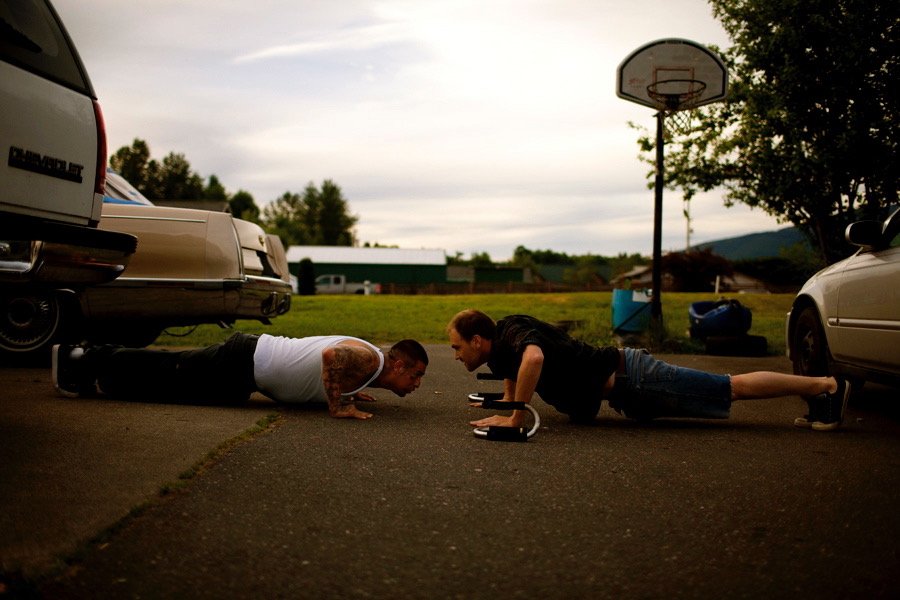
HOW WE GOT STARTED
In 2005, Underground Ministries' founder Chris Hoke started visiting the local jail in Washington’s Skagit Valley as a volunteer chaplain.
The gang-affected men he met there invited him into their hearts, their stories, and out into the hidden underworld of the rural community. They dubbed him their “pastor” even when he didn’t like that word.
Through long-distance prison letters—often from solitary confinement cells—they created networks of new friendship that wove their worlds together, slowly forging reentry pathways out of the American underground.
Nearly two decades later, Alex Sanchez (left) has emerged from a life of gangs, addiction, and maximum-security prisons to now lead Underground Healing, our ongoing reentry services among gang-impacted men and women here in Skagit County.
INTER-GENERATIONAL HEALING
Individual healing leads to community healing—showing up fully for our families, kids, and the next generation of gang-affected youth. We are cycle-breakers.
Our annual Generations class explores childhood trauma and the struggles our parents faced. By understanding these generational wounds and the needs beneath our behavior, we can rewrite the story for our kids and future generations.
HEALING GANG-AFFECTED YOUTH
Genaro Sanchez, one of our Reentry Navigators, founded a sister organization—O.U.R. Journey—to extend healing to gang-affected youth expelled from high schools in our region.
Men and women who have found community and healing after prison with us are now trauma-informed mentors and O.U.R. Journey group facilitators with gang-involved teens. Underground Healing and O.U.R. Journey are investing in a generation of healers who can reach and lead our youth into a new journey.
EMPLOYMENT READINESS
It’s true—cooking meth is a transferrable skill.
Folks releasing from prison face numerous challenges, not the least of which is finding an employer to take a chance on them while meeting obligations for parole, childcare, or recovery appointments.
Under the mentorship of Homeboy Industries, we started Underground Coffee, a premium coffee roasting business, in a basement in 2007. It was a creative solution to find employment for those we were helping with reentry.
Our first participant was a former meth cook, healing from years of addiction and prison violence. He shrugged and told us roasting small batches of coffee was far simpler than cooking meth. Plus, he was a natural with quality control, weighing, bagging, and distribution.
Soon, Skagit Valley’s own Fidalgo Coffee got involved, helping us with single origin imports, roast trainings, job internships, and hiring some of our men and women full-time. Fidalgo Coffee eventually adopted Underground Coffee’s operation and hiring model.
The Underground Employment Model
Encouraged by our experience with Fidalgo Coffee, we started partnering with more regional employers—steel manufacturers, concrete testers, bagel shops, and solar panel companies. As Underground Employers, they now have a unique relationship of trust and purpose in hiring folks who are rebuilding their lives after prison. They know we at Underground Ministries are supporting new employees’ ongoing recovery outside of work, navigating the reentry barriers so that they become strong employees within the company.
Interested in becoming an Underground Employer? Connect with us!
MOVEMENT BUILDING
We’re often invited to share our work and story with the broader community.
We believe healing isn’t just for individuals leaving gangs and prison—it’s essential for transforming systems and reshaping societal culture. Through these conversations, we aim to inspire a larger movement for change.
✔ Health Conferences
✔ Legal Trainings
✔ Churches
✔ School District Workshops
✔ Inside Prisons
✔ Seminaries
✔ Impact Panels
✔ Justice Webinars
✔ Legislative Sessions
✔ Podcasts






